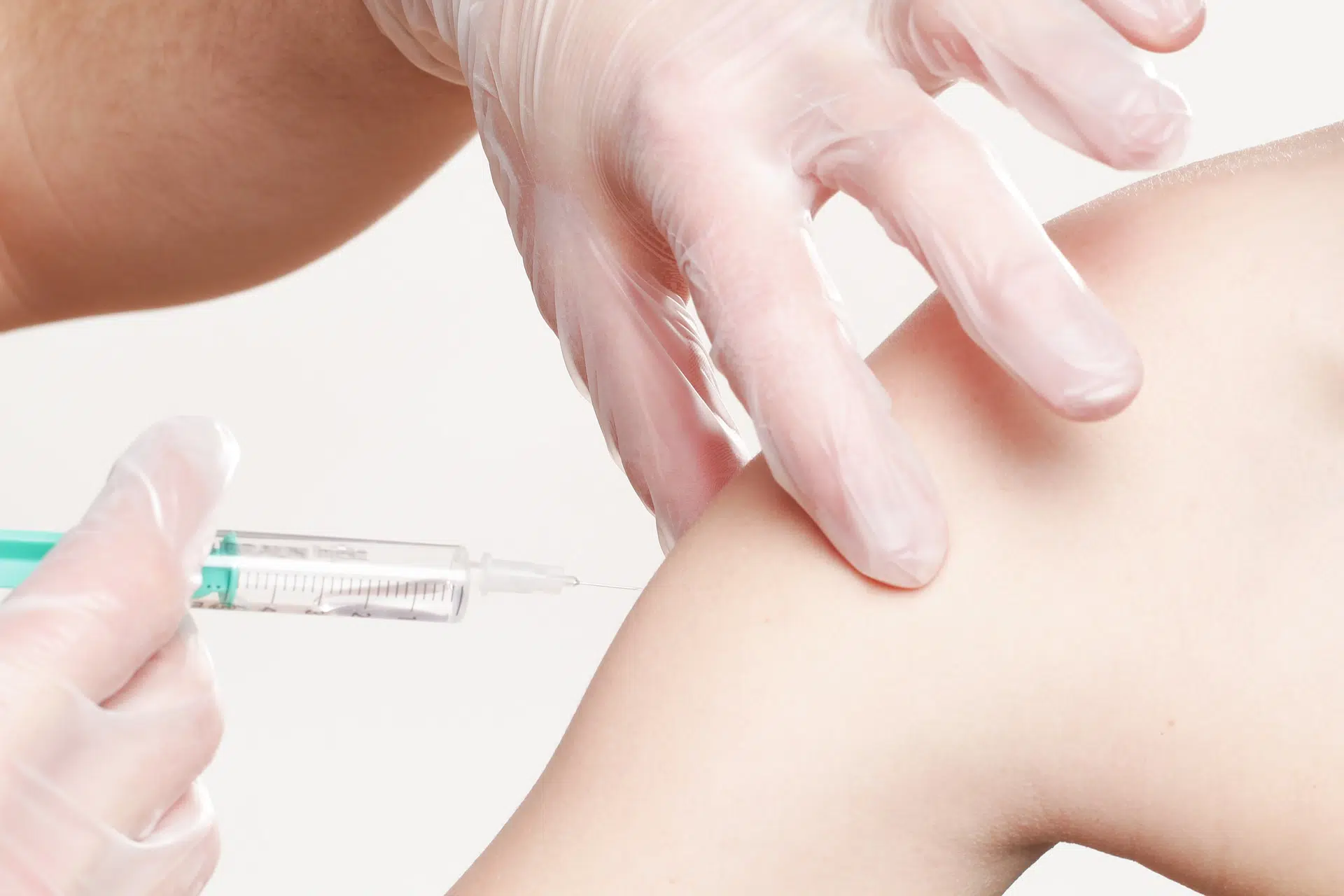For Saskatchewan’s chief medical health officer, the meaning of being fully vaccinated against COVID-19 has changed.
“My definition of being fully vaccinated now means that you are boosted if you’re 90 days or more after your second dose or you have received your second dose less than 90 days ago,” Dr. Saqib Shahab said Thursday.
Shahab noted there’s no recommendation for youth under 18 to get a booster dose yet so the new definition wouldn’t apply to them.
Shahab said the COVID vaccine isn’t designed to stop a person from contracting COVID and transmitting it, though they did that well in the Delta wave, which is why Shahab said the proof of vaccination was working well.
Vaccinations and boosters are doing a pretty good job of keeping people out of hospital, according to Shahab.
In a modelling report out Friday, the Public Health Agency of Canada said a second dose of the mRNA vaccines has low effectiveness against infection and symptomatic disease, but a booster dose results in better protection — but not as good as with Delta.
Being fully vaccinated, under Shahab’s definition, is the only way a person should be able to work or visit people in long-term care homes or personal care homes, according to Shahab.
Shahab is also considering rethinking some of the loopholes in masking rules after Premier Scott Moe tested positive for COVID the morning after a 90-minute news conference where Moe had his mask off for much if not all the time.
Shahab said Thursday that he’d just flagged internally whether they need to revisit the masking order to look again at masks being able to be removed if a person is addressing people such as in a congregation in a church, or a politician speaking to media.
“In the public health order there is an exemption for you to take your mask off, and it’s done in circumstances where there’s physical distancing, good ventilation (and) other COVID protocols in place — for example everyone should have proof of vaccination or other measures in place,” said Shahab.
On the one hand, Shahab said, previously if you were far enough away from people it wasn’t a concern, but he said they’ll have to see if it’s an issue with Omicron.
Shahab always keeps his mask on when he’s talking to media.
“In the past, it was to make a point that, whatever profession we are in — education, health care — a mask really is not an impediment for the most part in effective communication,” said Shahab, who admitted it can be a challenge in some speech/language settings.
Shahab said the loophole is worth revisiting.







